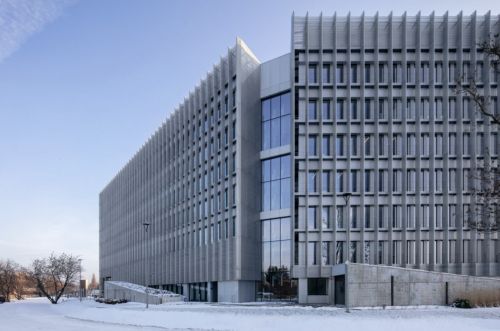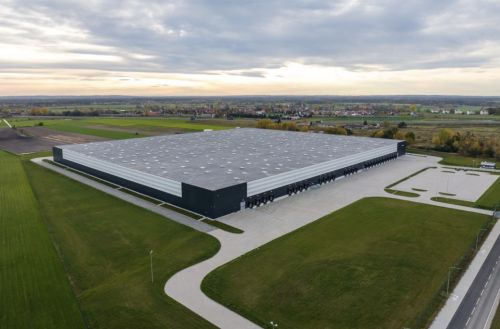The summer holiday period this year was far from a quiet one. The continuing Greek crisis prevented indexes from growing. The adjustment, which started in May, was still in full swing in July. Only the reaching of the eventual agreement brought back increases of a few percent to the main European trading floors. The Greeks have now undertaken to implement some very difficult reforms – increasing VAT and CIT taxes, increasing the retirement age and cuts in social benefits. Even though creditors eventually accepted Athens’ proposals, the issue of trust in the Greek country, which had been undermined by subsequent administrations in Athens, was equally as important during the negotiations as agreeing on concrete plans for the restoration of its public finances. However, so far the spectre of the Grexit and the completely unpredictable reaction of the financial markets to such an unprecedented event has not undermined investors’ willi




























































